Drill rigs are an important part the U.S. energy sector. They are also dangerous places to work. Drill rig accidents can cause permanent injuries and even death. Some workers may be exposed to toxic chemicals that put them at greater risk for serious health issues down the road. Because of the special dangers of working on a drill rig, employers are required to compensate injured workers. When a drill accident is caused by the negligence of someone else, you may be entitled to additional damages.
Types of Drill Rig Accidents
Oil and gas rigs present many dangers for workers. Both jack-up rigs and floating oil rigs frequently see serious injuries among the workers. Some of the most common types of drill rig accidents are:
- Slip and fall accidents
- Falling objects
- Cable break
- Block break
- Cathead slips
- Fire or explosion
- Leak
- Grating collapse
- Defective pipe tongs
- Accident while being transported to the drill rig
Employers and owners of drill rigs are required to make the work environment as safe as possible. Even though drill rigs are known to be dangerous, it doesn’t mean that an accident is acceptable.
Under maritime law and federal law you have certain rights when you are injured in a drill rig accident. It is important that you seek out a maritime injury lawyer to help protect your rights, no matter who was at fault for an accident.
Causes of Drill Rig Accidents
Most drill rig accidents are caused by negligence. If your fellow employees or your employer caused your injuries you may have a right to additional damages. However, claims must be brought within a short period of time after the accident.
Some common causes of drill rig accidents include:
- Impaired equipment operators
- Poorly trained equipment operators
- Failure to keep the deck clean and clear
- Failure to properly maintain equipment
- Lack of a safety plan
- Creating a lax safety environments
- Defective equipment
It is important for your claim that you understand the cause of the accident. Your employer often has little incentive to investigate an accident thoroughly. You will need the help of a maritime injury attorney to evaluate your claim to see if your employer’s, or a third party’s, negligence contributed to your accident.
Types of Injuries
Because of the nature of the work and the heavy equipment being used, many drill rig accidents result in catastrophic injuries. Some types of injuries in drill rig accidents include:
- Fractured bones
- Strains and sprains
- Torn ligaments
- Ripped muscles
- Back and neck injuries
- Traumatic brain injuries
- Spinal cord injuries
- Crush injuries
- Burns
- Chemical burns
- Eye injuries
- Head injuries
After you have been hurt in an accident of any kind you need to make sure you get to safety and then seek medical treatment. Even if your injuries do not require emergency medical care, you still need to see a doctor. You could have injuries you do not know about. If you have a head injury, you may have a traumatic brain injury and not know it. Only a medical professional will be able to diagnose you and make sure you get the treatment you need.
You need to follow the recommendations of your doctor. This will help you heal faster, and can help you if you have to make an injury claim. Do not return to work if you are not medically cleared to do so. This will put you and your co-workers in even greater danger.
What Types of Damages Are You Eligible For?
The damages you eligible for will depend on the cause of your accident and where you were working. If you were injured on a fixed platform you may be covered by worker’s compensation or by the Outer Continental Shelf Lands Act (OCSLA). If this is the case you are entitled to your medical expenses, partial pay while you are unable to work, and disability if you are permanently unable to work no matter who caused the accident. If a third party caused the accident, you may also be able to recover pain and suffering damages as well as out of pocket expenses.
If you were injured while working on a jack-up rig or a floating rig, you may be covered by the Jones Act. Your employer will be required to pay your cost of living and medical expenses, also knows as maintenance and cure, while you recover, no matter who caused the accident. Under the Jones Act, if your employer or a third party contributed to the cause of your accident you can also sue them for pain and suffering damages.
Drill rig accident claims are often complicated. The owner of the rig may not always be doing everything they are required to do for you. If you have been injured in a drill accident you need to speak with an experienced maritime injury lawyer. Finding the right lawyer for your case can be frustrating and time consuming. We want to help.
If you contact us we can help connect you with a maritime injury lawyer who has a strong history of helping people like you. Don’t delay. Contact us right away.

